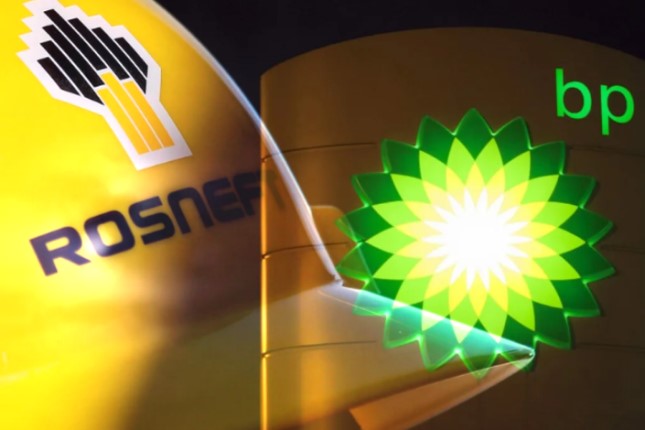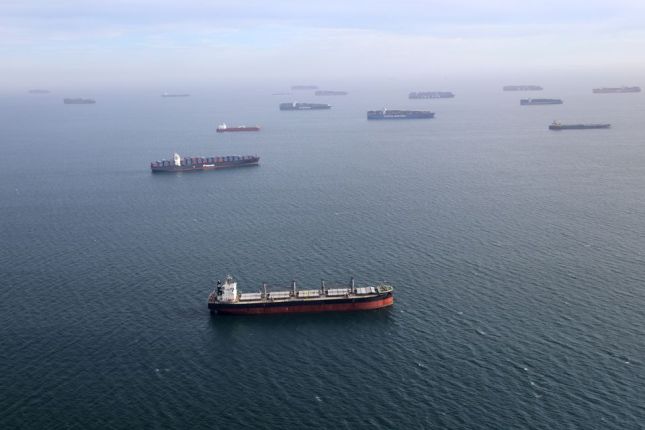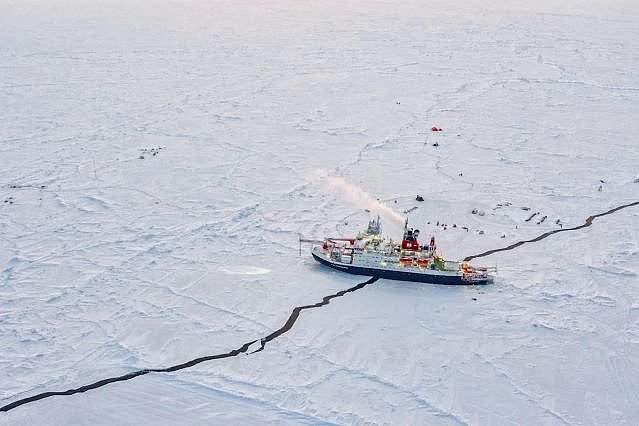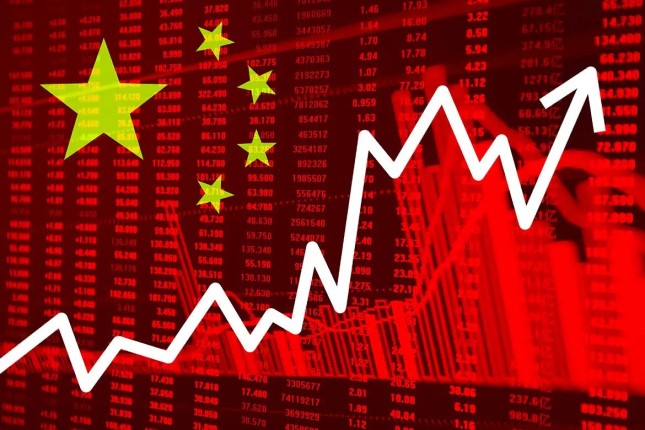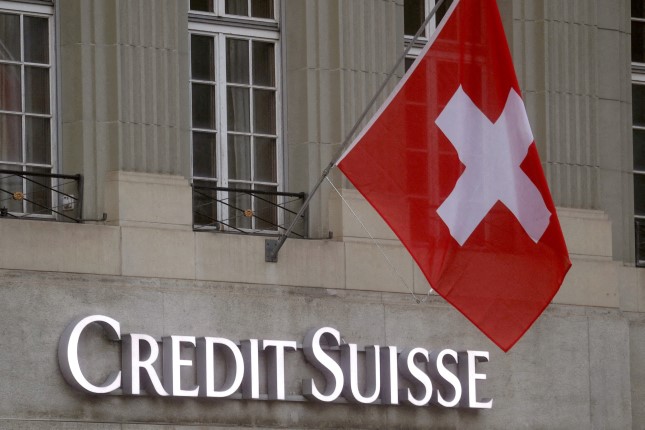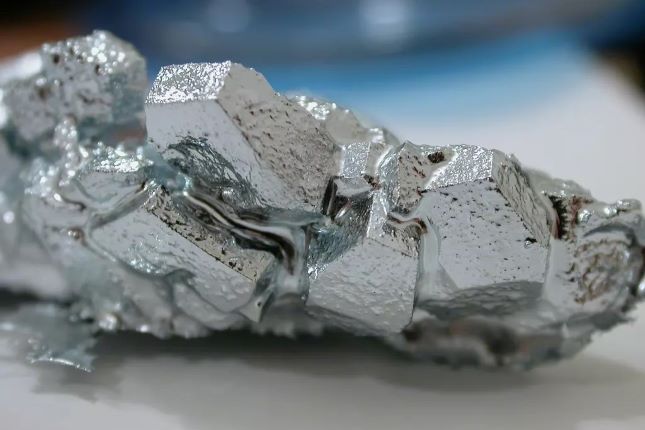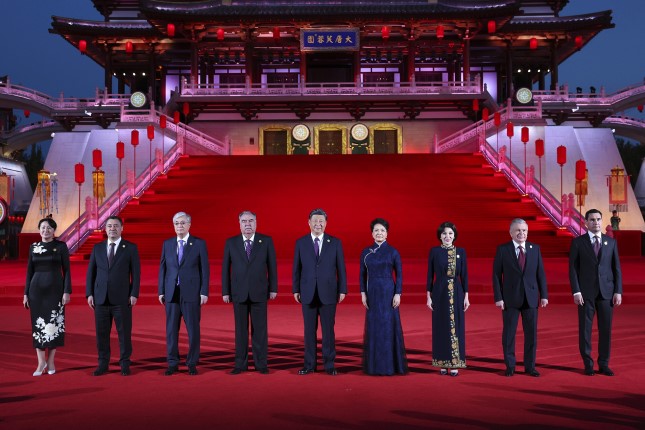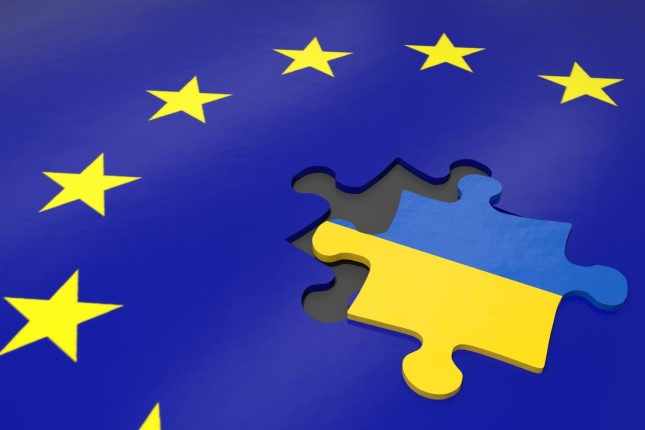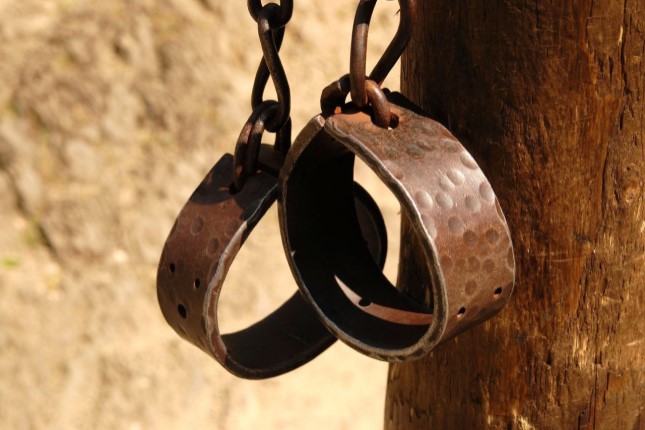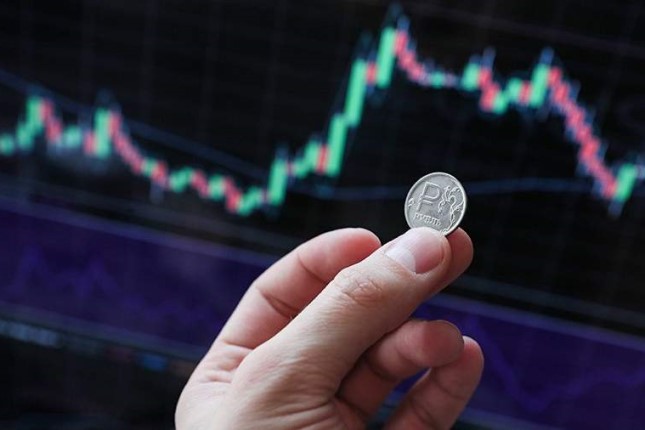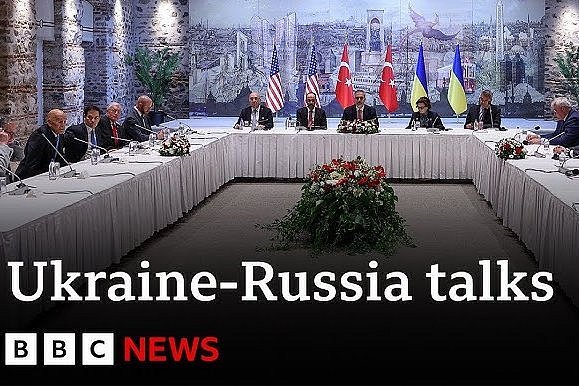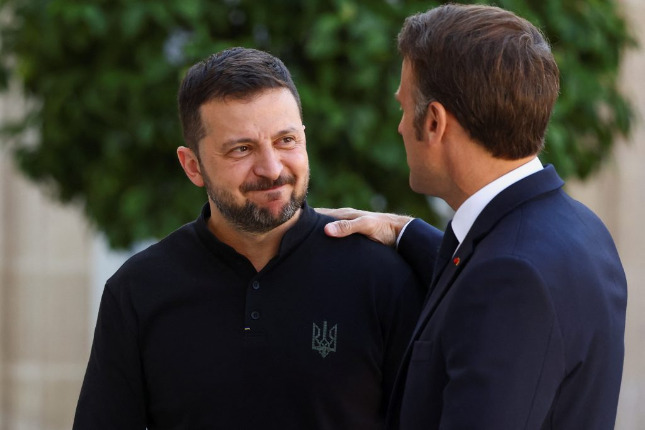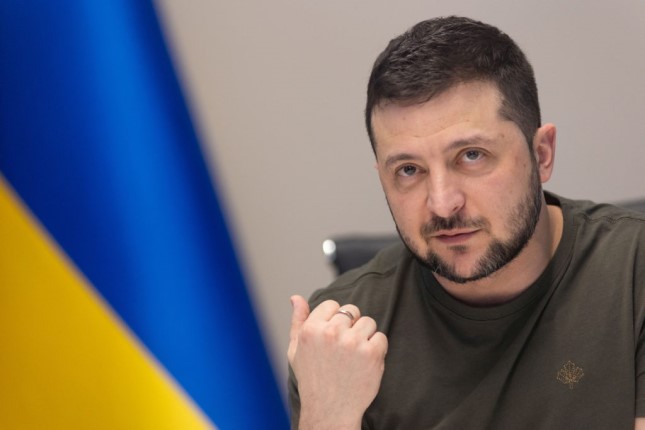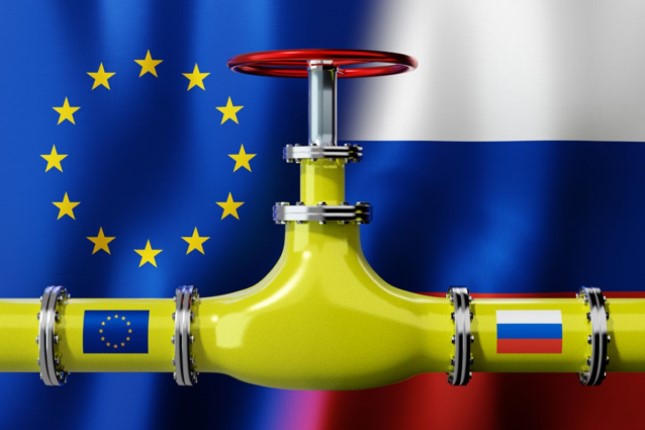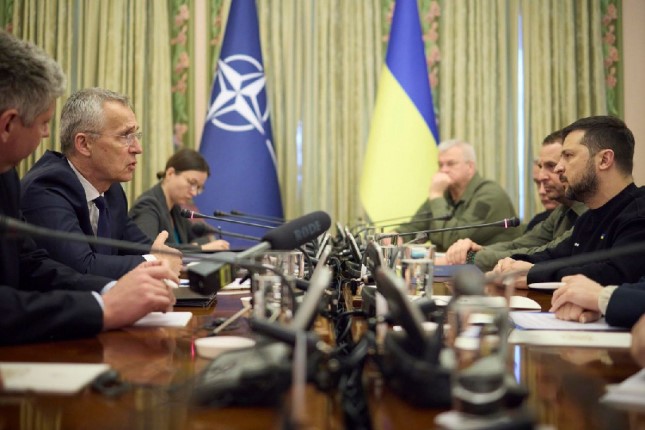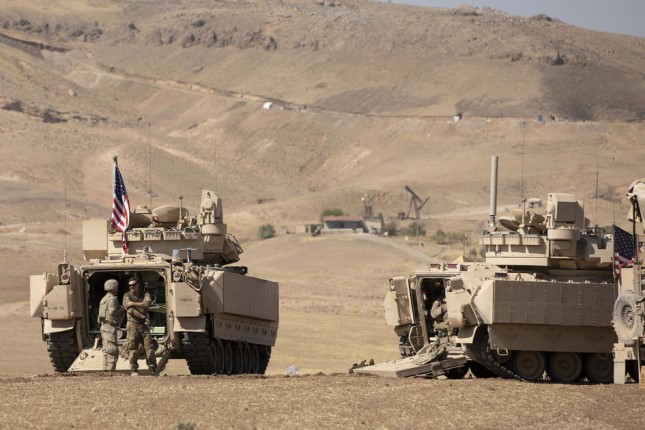Russia's Rosneft has transferred USD 700 million in second-half 2021 dividends of Britain's BP into a special account opened for BP. BP is entitled to another USD 700 million in interim dividends for nine-month 2022 that are to be credited to the same account. Rosneft's Board of Directors will review the "interim" payment at its upcoming meeting in November.
In response, BP issued a statement saying that the 2021 dividends "do not count" as the company had "not been given any official notice that the payment has been made".
In short, BP purports to know nothing about any such payments being made. This is all the more surprising given that under recent Russia's law, the decision to pay the dividends had been made by Rosneft's Board of Directors. The decision was posted on the company's website, on the website of a specialized securities market information provider authorized by the Bank of Russia, as well as on the website of the London Stock Exchange.
In addition, it is worth noting that BP was aware of the decision adopted by the meeting of Rosneft's shareholders on June 30, 2022, and the amount of dividends it is entitled to, as the information about the results of the shareholders' meeting was reflected in BP's financial statements for both the 2nd and the 3rd quarters of 2022. These statements also say that, as per Russian law, the dividends are to be transferred into a special "C" account in Russia.
The latest statements by the British company are little more than just a rhetorical trope of preterition as BP is attempting to play a gamble of its own. A recent decree by Russia's President setting out a special procedure for interacting with overseas counterparties required Rosneft to transfer the dividends due to the British company into a special "C" account.
Thus, any funds credited to such an account cannot be transferred further abroad and can only be spent inside Russia. This could include implementing joint projects with Rosneft, who, for lack of funding that could have otherwise been provided by its partner, is forced to work on these projects on its own dime. To use a most recent example, in September, Rosneft brought on stream, fully in line with the original schedule, its large-scale Kharampur natural gas project with the capacity of producing 11 billion cubic meters of gas a year. But it seems BP is not too keen on an idea of spending any of its dividends in Russia.
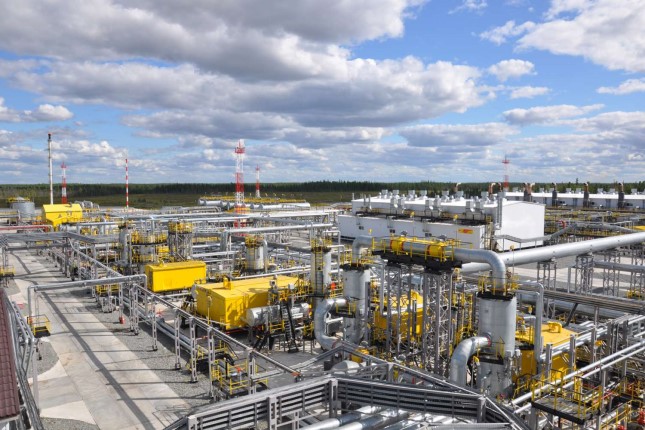
Infrastructures of the Harampur gas field.
According to press reports, since BP acquired a stake in Rosneft's share capital over the years, it has made USD 37 billion for a total investment size of USD 10 billion. That's a hefty amount of money. The president's decree has stopped the non-residents' unimpeded ability to move such funds to their overseas accounts while their duty to pay taxes in "home" jurisdictions remains unchanged.
Western companies such as BP find themselves in quite a predicament faced with an apparent conflict of interest. Most of them were forced to leave Russia under political pressure but not the British. While BP announced its intended withdrawal from Russia in February, in reality, it has not done anything to make it happen.
By remaining a hidden Rosneft shareholder, the British company, if anything, has been disregarding the decision of its board of directors to divest all its Russian assets.
Consequently, the company is now trying to somehow weasel its way out of paying UK taxes on its profits that remain stranded in Russia. It seems that BP is intentionally understating its tax base and the profits based on which dividends will have to be paid to the British company's shareholders.
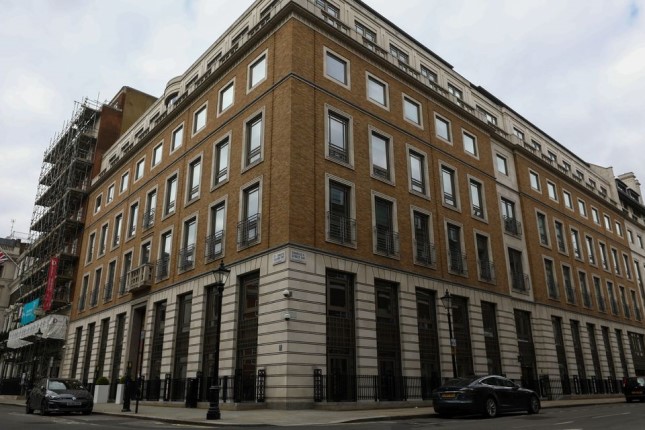
BP Headquarters at St. James's Square, London.
This explains BP's recent claims of "no knowledge" of having been paid the dividends it received from Rosneft. Moreover, according to its Q2 financial statements, BP's losses from leaving Russia are estimated to be as high as USD 24.4 billion.
But this could be a part of a completely different game the company plays. It is not necessarily related to its direct earnings from its holdings in Rosneft, most likely a stock exchange game played with the company's Russian assets.
By owning equity in Russian upstream companies, Western shareholders can add these companies' reserves to their own balance sheets since an increase in one's reserves boosts the company's capitalization on the stock market. A bigger stake means greater reserves and a higher share price, opening up broader borrowing opportunities. Plus, there will be no need to invest anything further after the initial purchase of shares, as seen from the sheer proportion of BP's "Russian" investments versus the dividends it has earned. The desired long-term business effect appears to have been fully achieved.
But these days, this effect has been increasingly under threat. Falling capitalization will immediately raise the question of adequate security backing for the company's loans. The higher the stake and the level of capitalization backed by this stake, the greater is the risk of default.
To highlight the magnitude of BP's problem, its stake in the Rosneft parent is currently at 19.75 per cent. In addition, the British company owns stakes in three joint ventures with Rosneft: 20 per cent in Taas-Yuryakh Neftegazodobycha and 49 per cent each in Yermak Neftegaz and Kharampurneftegaz.
To conclude, as the British economist John Maynard Keynes once famously cautioned, any benefits of having placed one's assets in a foreign jurisdiction could be always reduced to nothing.
